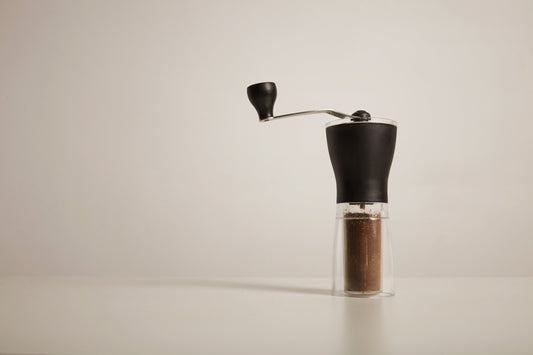There are two classes of coffee: specialty and commercial. From the consumer's perspective, their first distinguishing mark is the packaging. Commercial coffee is usually sold immediately ground and packaged in cans adapted to the convenience of the consumer. It is better to grind the type at home and enjoy a fresh and aromatic cup of coffee.
Commercial coffee is roasted and packaged in large factories whose business model is high sales and name recognition. Specialty coffee roasters are usually small shops or cafes. The aspirations of the small coffee shop are specialty coffee, exceptional taste and fair remuneration for farmers.
Specialty coffee is much more diverse than commercial coffee. The goal of the latter is to have as stable a coffee taste as possible, so your purchase will include many different coffees. One package of coffee contains products from different countries, beans of different quality, and coffee roasted at different times.
Variety coffee roasters set themselves the opposite goal: to highlight the differences between coffees from different regions, to roast them in such a way that the advantages of each of them come to the fore. A coffee lover chooses it not only by country. Even two coffee farms located next to each other have different taste characteristics. Attention is also drawn to the level of roasting and types of beans. This is an indication of which preparation method the coffee beans will be most suitable for. Light roast coffee is used for pouring and filtering, and strong roast coffee is used for mocha and espresso machines.
Because coffee loses its aroma and taste over time, specialty coffee roasters never keep much of it. Ideally, it is in the cup 3-14 days after roasting. This period is the peak of coffee taste. The use of coffee beans from past seasons is also avoided, as they also lose some of their properties when left green for a long time.
Coffee is classified as specialty only if it is evaluated as such by experts. The evaluation criteria are varied. Special coffee has no impurities, its beans are not damaged by mold, insects or devices, its taste is not only exceptional, but also pleasant to the drinker. Coffee is rated on a scale of 100 points. Only the one that collects at least 80 gets the specialty coffee status. Such an assessment enables farmers to abandon trading on the coffee exchange, where the offered price is extremely low, and to start cooperating with specialty coffee roasters looking for new flavors.
Specialty coffee is chosen by gourmets, slow lifestyle advocates and those for whom a cup of coffee is a ritual. Specialty coffee is the answer for those who value high quality and social responsibility.

To be the first to receive news, I invite you to subscribe: you can register your e-mail address at the bottom of the page.

